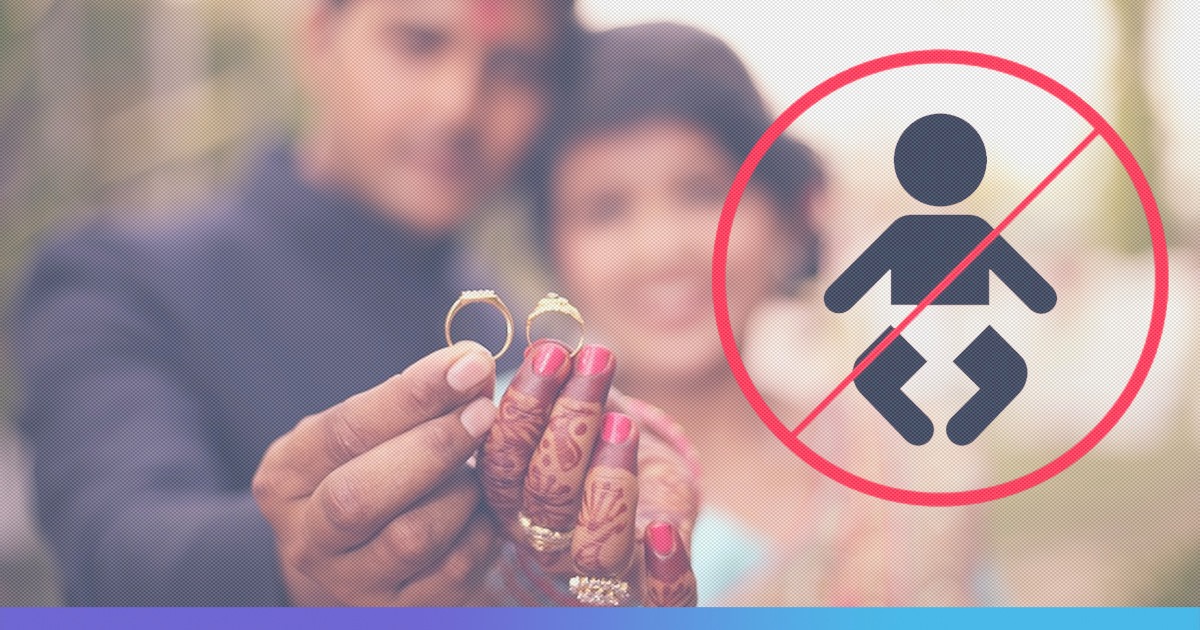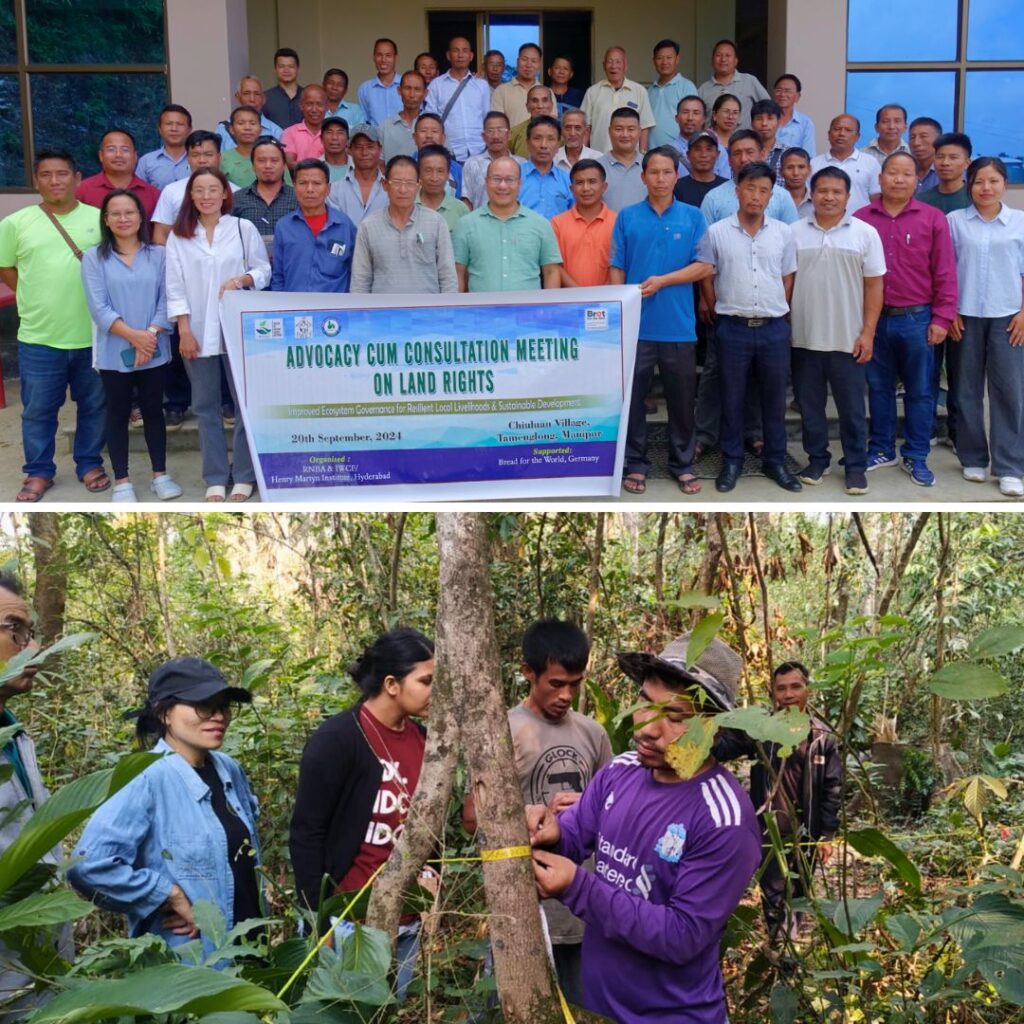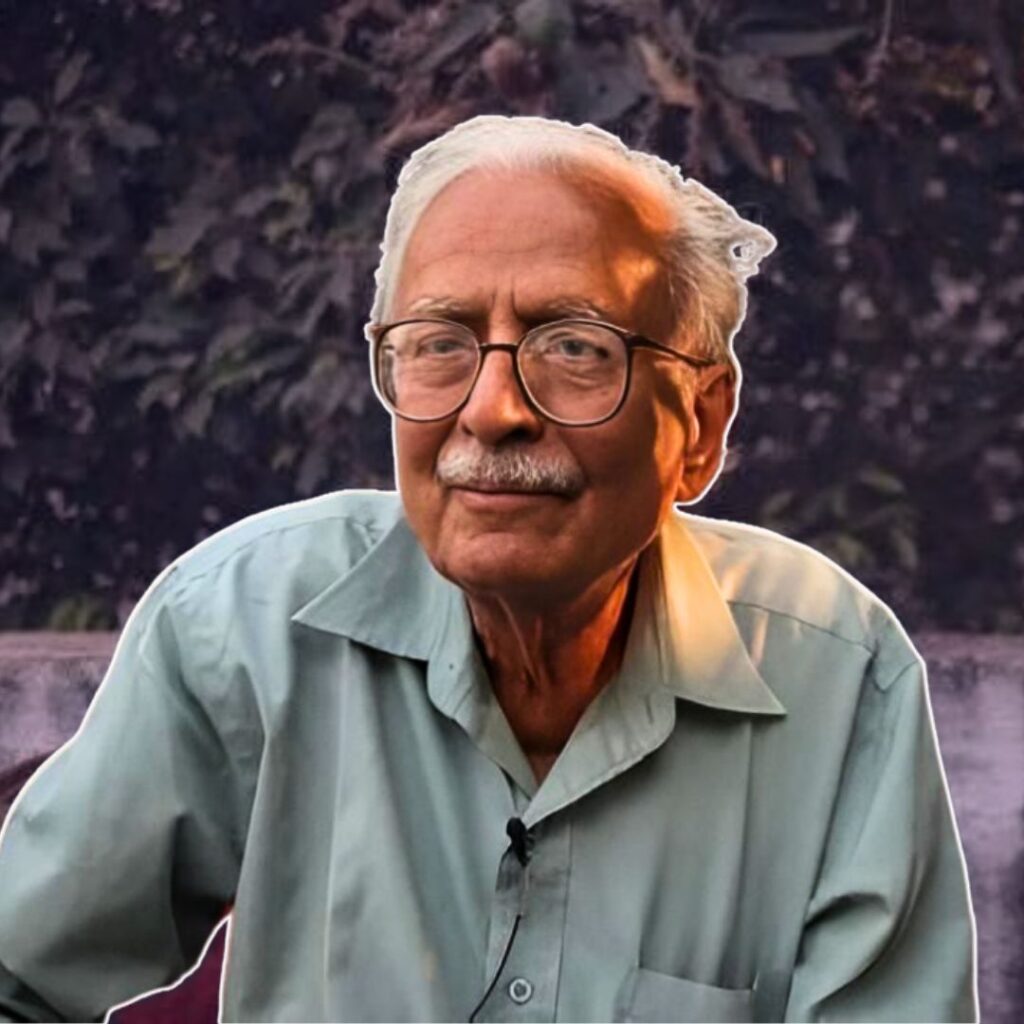“I am 33 and happily single. It’s not that I have anything against marriage, I would love to settle down with a good partner. I got a lot of proposals from a lot of men, but I turned them all down. The reason? Well, none of them are okay with my choice to not have my own babies,” 33-year-old Priya tells The Logical Indian.
Priya, who works in the corporate sector in Bengaluru, is not an anti-natalist. She does not believe in forcing people to not have their own children. Not having a baby is her personal choice, and all she asks is that people respect it.
Society, however, does not seem eager to stop stigmatizing everything that is an otherwise natural choice. Be it issues related to mental health, menstruation or someone choosing to love a person of the same sex.
Anti-natalists believe in the philosophy that it is morally wrong to create human beings. They believe that since it is not possible to ask fetuses if they are willing to be born, it is like bringing a human being to the world without his or her consent. They believe it is unfair to bring a child into the world and leave him or her in the mess that we create.
While forcing one’s choices and beliefs on others is unacceptable, so is questioning and stigmatizing the beliefs and choices another human being makes, as long as they are legal and ethical.
Matter Of Choice
“I choose not to have biological children because that would make me feel like I am selfish,” Priya says. “No, I would never discourage people to have their own kids. Just like having kids is their choice, not having kids is mine. If I can respect their choice, why can’t they respect mine?”
“This is a choice I made when I was still in college, and believe me, 95 percent of the people I have shared this with cannot wrap their head around the fact that I could choose to live child-free. I have worked in shelter homes and I have seen really bright, amazing, wonderful children, and it breaks my heart to think that they do not have a family. Given the right atmosphere, these kids would grow up to contribute to society in such meaningful ways.”
“I just do not want to bring another child into the world because I do not believe that my DNA is better than someone else’s DNA. When I turn around 40 and find a life-partner who thinks similarly, or even if I don’t, I would want to adopt a child who is visually-impaired, differently-abled, or maybe someone who has been rescued from forced prostitution.”
“I would want to raise such a child as my own. So you see, as many people believe, it is not that I am trying to shake off my responsibilities. I love children and I would love to raise one. But I will stand my ground and I will not have biological kids just because society wants me to,” Priya smiles.
Like Priya, there are dozens of other people who do not wish to have their own babies but do not speak up for the fear societal judgement.
The barrage of questions they have to answer only ends up impacting their mental health.
“Are you not physically fit to carry a baby?”
“Are you afraid of taking responsibilities?”
“Who will look after you when you are old?”
“How can you choose to let your generation end right here?”
“How can you be so selfish?”
The problem is, people feel obligated to answer people they are not answerable to. Most people find it hard to say ‘no, it’s just choice and I do not care about what anyone else thinks’.
For 29-year-old Mayank Muley living in Delhi, happiness lies in many other things and not just in having an exact genetic copy of himself.
“Why can’t people like me not be judged? Parenting is not for everyone. Isn’t it good that people like me are being upfront about not being willing to have kids and the responsibilities that come along with it, instead of having one for the sake of ‘fitting in’ and then failing at raising him or her properly, and then being obviously labelled ‘irresponsible’?” Mayank says.
“We are already overpopulated. One of the most conservative estimates of the Earth’s “carrying capacity” (how many humans the planet can sustainably support) by researchers at Cornell University in 1999 says that “assuming that all humans are living in relative prosperity, with access to clean water and electricity, that number is 2 billion, so we are already 5.6 billion over that and rapidly adding people every day”,” he adds. “If you wish to have kids, go for it, but be a responsible parent. I am not going to force my beliefs on you, but I would expect you to respect mine.”
The Stigma Is Everywhere
Aishwarya Kathiravan, Editor at a leading publishing house in Chennai, who got married about a year and a half ago says that she and her husband have together made up their minds not to have their own children.
“I quit my job before my wedding, and then began reapplying after I was married. The moment people get to know that you recently got married, they automatically assume that you will soon have a child, avail maternity leaves and not consider your job a priority any longer. In such a situation, when I tell them that those are not my plans, I would expect them to be somewhat relieved. But instead, I am bombarded with questions. Who will look after me when I am old? How can I be so selfish? Living becomes a constant battle when you have to justify yourself every day, to people who do not deserve an explanation,” Aishwarya shares.
“The world is overpopulated, and being among the people who are concerned about it, I do not want to be a hypocrite and contribute to the population. I love animals and I work for them, and I have pets that I love like my own children, and I am happy with my life,” Aishwary adds, “I do not understand how distant relatives think it’s okay to call me up every now and then and give me advice on why I need to consider having children.”
“I hope that one day the world will have more people who would want to adopt kids and give them a happy life. And as far as raising children so they can take care of you when you are old is concerned, I don’t believe that a child should be treated as a retirement plan. It’s one of the most selfish things one can do,” Aishwarya argues.
The Logical Indian spoke to 44-year-old Anugraha Kumar Sharma, co-founder of Childfree India, a group attempting to tell people that it’s okay to not have their own kids.
“There are a lot of people who fail to understand that being childfree can be a choice, that it does not always mean that the couple is not able to reproduce. Scores of people believe that the couple must have committed a sin in their previous life and God has made them infertile as a punishment. This is unfortunate and society needs to get rid of its backward mindset. They need to understand that there a dozen reasons why a couple or an individual might not want to have a child,” Sharma says.
One should not have to justify their choice of not giving birth, but at the same time, no one should go around telling people whether they should have kids or not. When we do not judge a person for having their own children, we must not judge those who do not wish to add another life to an already overpopulated world. We must accept and welcome any ethical measure to reduce the burden of overpopulation. While we appreciate each other’s similarities, we must respect each other’s differences.
Also Read: Zomato Launches LGBTQIA+ Friendly Tag In All Restaurants











